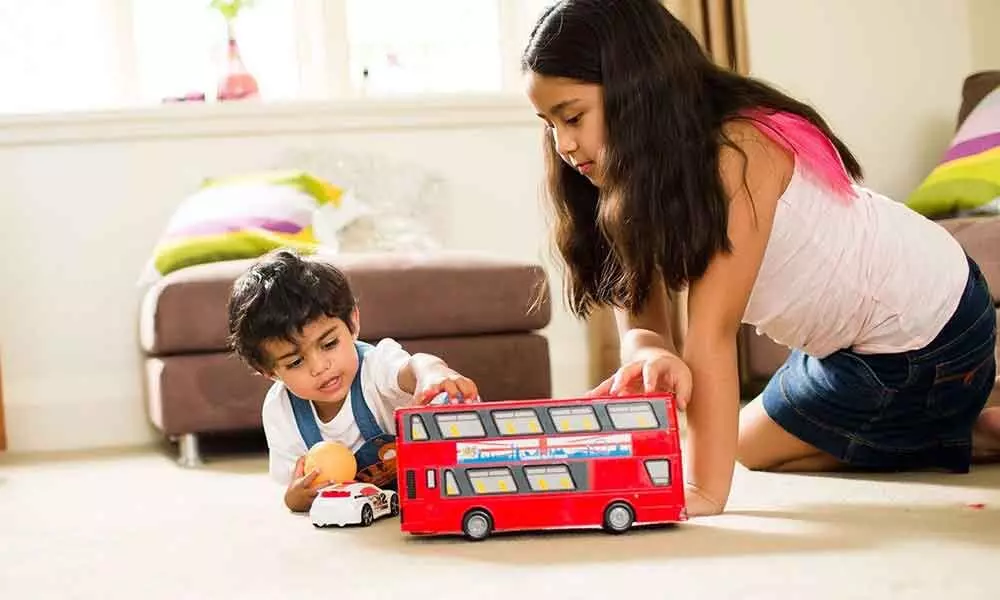If your child's school closes temporarily, don't panic

Your child's age and academic needs, your availability to work with them, and the length of the school closure will all play a role in how you decide to spend this time.
With parents in some areas already facing school closures as part of the ongoing effort to contain COVID-19, it's important to remember: Prepare, don't panic. Parents can take now to be prepared for the potential impact of corona virus, you'll want to think about what to do if your child's school is temporarily closed.
If your school closes, what should you do with the time? Should you treat it like summer break (but without the outings to zoos and amusement parks)? Should you try to recreate school at home, giving your child assignments from 8 am to 3 pm Monday through Friday? Without knowing how long school closures might last, it can feel hard to prepare. While most parents are quite capable of improvising during an unexpected school closure, longer school closures call for creative planning on the part of schools and parents alike.
Here are some guidelines and resources to keep in mind to home school early learners during school closures.
Talk to teachers in advance
Now is a great time to talk to your child's teacher to see if there is anything in particular your child needs to work on.
If they've been struggling with addition, make sure you know what method their teacher uses to teach it so that you won't confuse your child by showing them a different way.
If they've just learned to sound out three letter words, you'll want to know so that you can practice with them.
Create a routine
One of the most important things you can do for your child (and yourself!) is to form a routine early. What will your days at home look like?
This doesn't have to be a set schedule, but take a few minutes to write out what a day at home could look like. It could look something like this:
• Snuggles, breakfast and getting dressed
• Reading together as a family
• Practicing any school assignments or work you choose for your child
• Outside play
• Lunch (and nap if applicable)
• Afternoon playtime
Be flexible
One of the beauties of homeschooling, even in these bizarre circumstances, is flexibility.
If you'd planned to do a math activity with your child but they are super into building a complex Lego creation, let them build. Having time off from school is a great opportunity for them to practice choosing what to work on themselves and to experience the deep concentration that follows.
Start with a plan, if for no other reason than to ease your own anxiety, but be open to the unexpected places your day could go and the unique ways your own child learns. Don't forget how much learning comes from play!
Make it quality time
Especially if you have a younger child, don't be afraid to just make this a time to focus on being together as a family and having fun. While no one would ever choose this situation, it may present a unique opportunity to spend time together as a family.
• Play board games
• Do puzzles
• Cook together
• Plant a spring garden
• Use butcher paper to draw a life-size family portrait
Each and every one of these activities are educational for children, without mimicking school. Learning doesn't have to take the form of worksheets and spelling tests. Young children have such a strong desire for knowledge.
If you can trust them to lead the way, you may be surprised by how they choose to spend their time and where their curiosity takes them.
If you want to recreate school at home there is certainly nothing wrong with that, but if you want to use this time to slow down and connect as a family, that is a worthwhile choice too.
Resources for learning at home
If you would like to focus on academics during a school closure, there are plenty of online resources at your disposal. It can take some time to sort through them, but it is certainly easier than starting from scratch!








